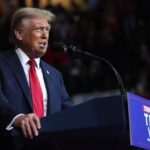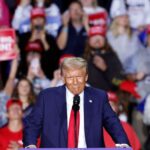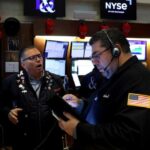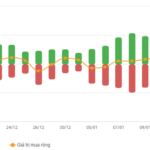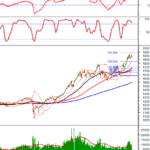

The 2024 US Presidential Election has concluded, with Trump securing a decisive victory. He garnered 312 out of 538 electoral votes and 72.9 out of 141.1 million popular votes, defying previous polls and predictions. What factors led to this outcome? One key reason was the performance of his opponent, Kamala Harris, who served as Vice President under Biden. Harris played a relatively subdued role in the administration, and she had limited time to campaign effectively, facing the choice between continuing Biden’s policies or proposing new ones. This put her at a disadvantage from the start.
Another factor was the reluctance of many Americans to elect a woman of color as their president. While Harris is highly accomplished, her race and gender may have influenced voters’ decisions on election day, despite initial enthusiasm. Ultimately, economic concerns and Trump’s strength in this area played a significant role in his victory.
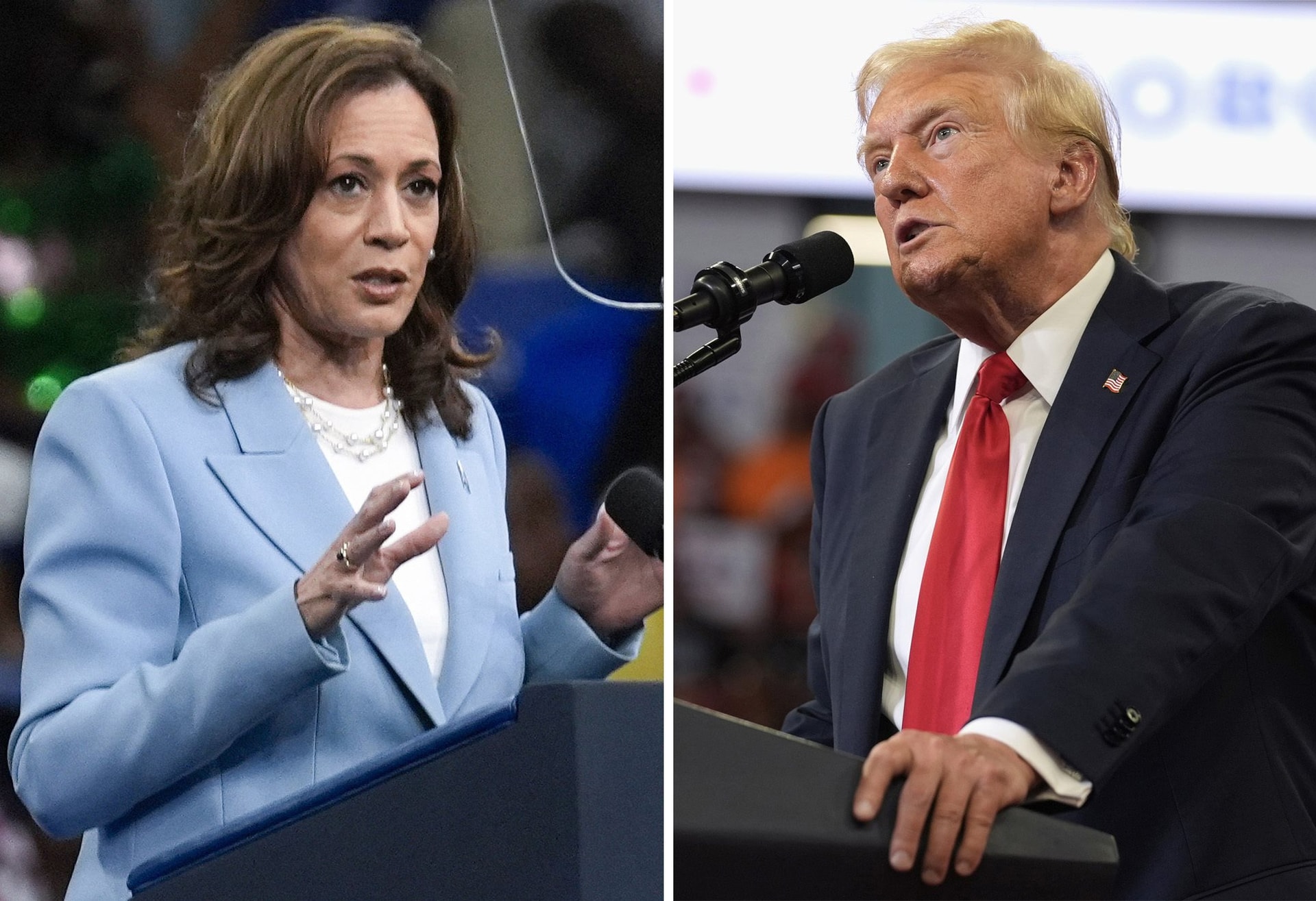
Trump’s economic policies, including his focus on bringing manufacturing back to the US and reducing taxes, resonated with voters. He tapped into their fears about job losses to overseas markets and their desire to keep more of their income. In contrast, the Democratic Party’s proposal to increase taxes on the wealthy to fund social welfare programs was less appealing to many.
Additionally, Trump’s hardline stance on illegal immigration played well with his base, and his ability to avoid any major wars during his first term also worked in his favor. These factors, combined with a strong economic message, contributed to his electoral success.
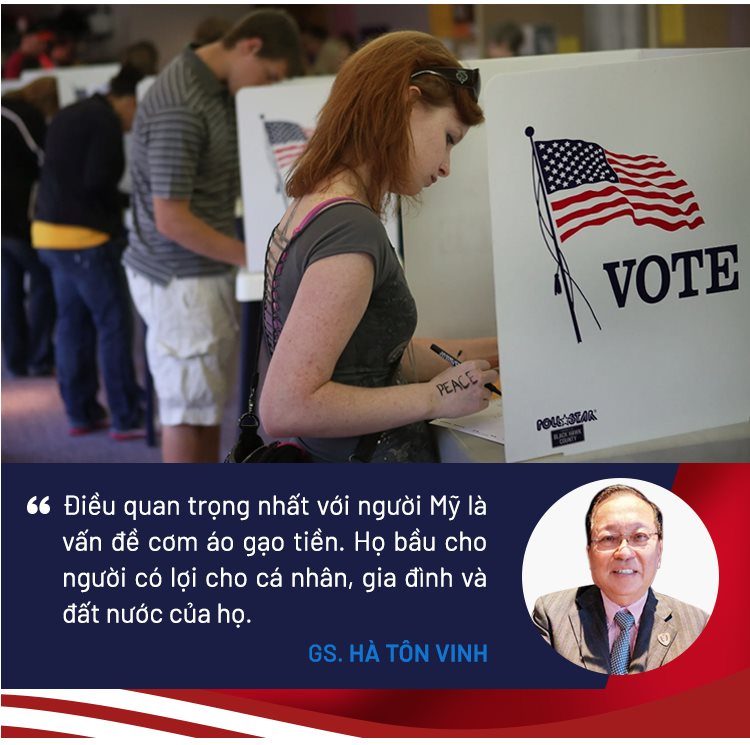
How do you think the attempted assassination of Donald Trump during his campaign affected the election outcome?
I believe it had an impact on the emotions of the voters. Trump portrayed his survival as divine intervention, suggesting that God saved him so he could save America. Whether or not people believed this, the image of Trump raising his hand three times after the failed attempt, shouting “Fight! Fight! Fight!” would have been powerful for many Americans.

Trump lost in most of the “battleground” states in the 2020 election but won 4 out of 7 this time. What’s your take on this shift?
It’s important to remember that polls and predictions can only go so far, and there’s always a margin of error. The US is largely divided between supporters of the Democratic and Republican parties, with a small percentage of “swing states” that can go either way. This year, there were seven such states, and both candidates spent a significant amount of time campaigning in these regions.
Harris had the advantage of being a woman of color and a well-known figure, but her relatively low-key role in the Biden administration may have worked against her. In the end, Trump’s strength on economic issues and other factors proved more compelling to voters in these crucial states.
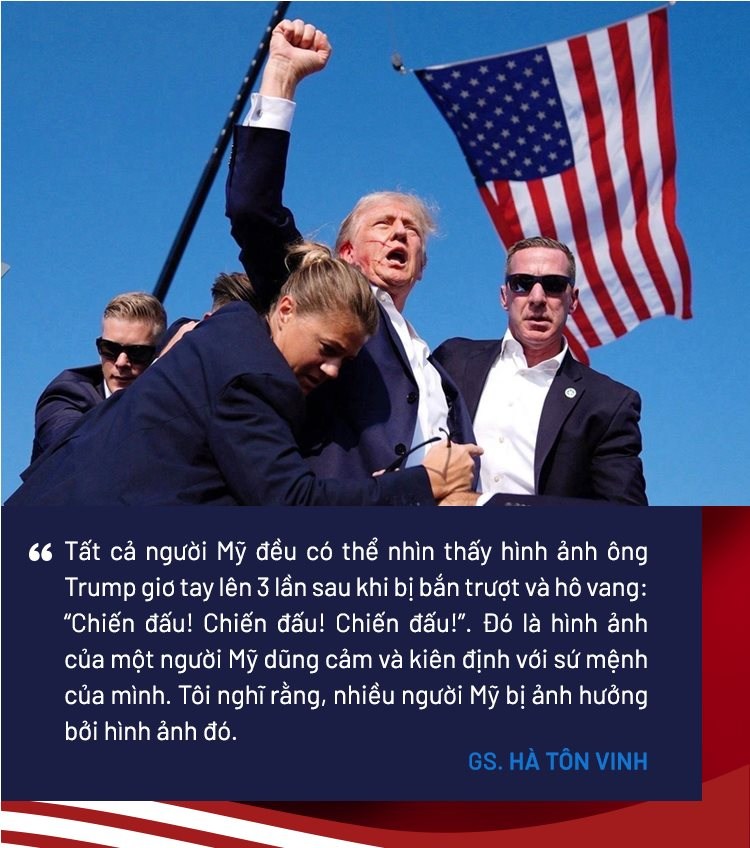
What about the impact of Elon Musk’s support for Trump, including a substantial financial contribution and his freedom from censorship on Twitter?
Musk, like other businessmen, is motivated by self-interest. Trump’s policies are seen as more favorable to businesses, with the Republican Party’s focus on reducing taxes and promoting economic growth. The contrast between the two parties is clear: the Democrats aim to support the poor by taxing businesses more, while the Republicans want to make America great again by stimulating the economy and addressing issues with Chinese imports.
This is evident in Harris’s proposal to increase taxes from 25% to 35%, which many businesses oppose. As a result, they throw their support behind Trump, who they believe will protect their interests.
Why do you think some people openly support the Democratic Party and Harris, while others only express their preference for the Republican Party and Trump when they vote?
Trump’s style is that of a businessman, not a diplomat, and his straight-talking, bold approach divides people. Some love it, while others find it off-putting. However, his focus on jobs, the economy, and protecting America resonates with his supporters, who are willing to overlook his less diplomatic style in favor of his ability to get things done.
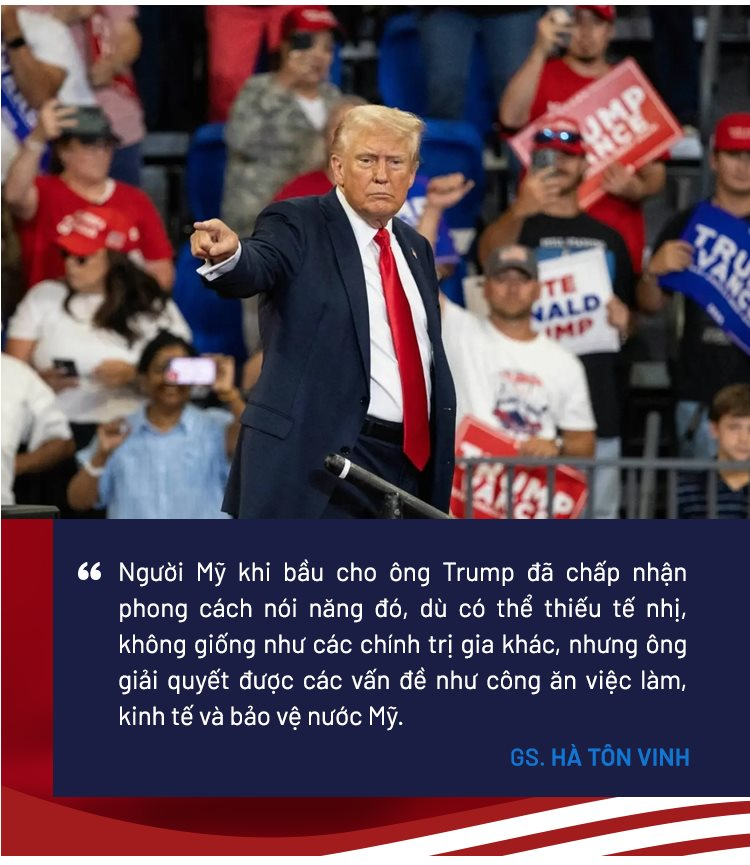
So, would it be fair to say that Trump’s victory can be largely attributed to his economic strategy, which appealed to the practical needs of the American people and the country?
Trump’s victory is indeed closely tied to his economic strategy, but it’s also about more than that. His campaign slogans, “Make America Great Again” and “America First,” capture the aspirations of many Americans who want to see their country strong and prosperous, with their interests prioritized.

There’s a lot of optimism about the US economy under Trump’s second term. Is this expectation realistic?
Let’s look at some of Trump’s expected policies for his second term and how they might impact economic growth. Firstly, the US dollar is the world’s primary reserve currency, giving the country a significant advantage. Secondly, technology is a key strength, although much of it has been shared with or copied by China. Thirdly, the US has a massive consumer market, and China has become the world’s factory to meet its demands.
To address the trade imbalance, Trump plans to increase tariffs on Chinese goods, potentially up to 60-100% for some products. This could encourage companies to move their manufacturing back to the US or produce goods domestically, reducing the country’s import deficit. Already, companies like Foxconn, an Apple supplier, have shifted production to the US.
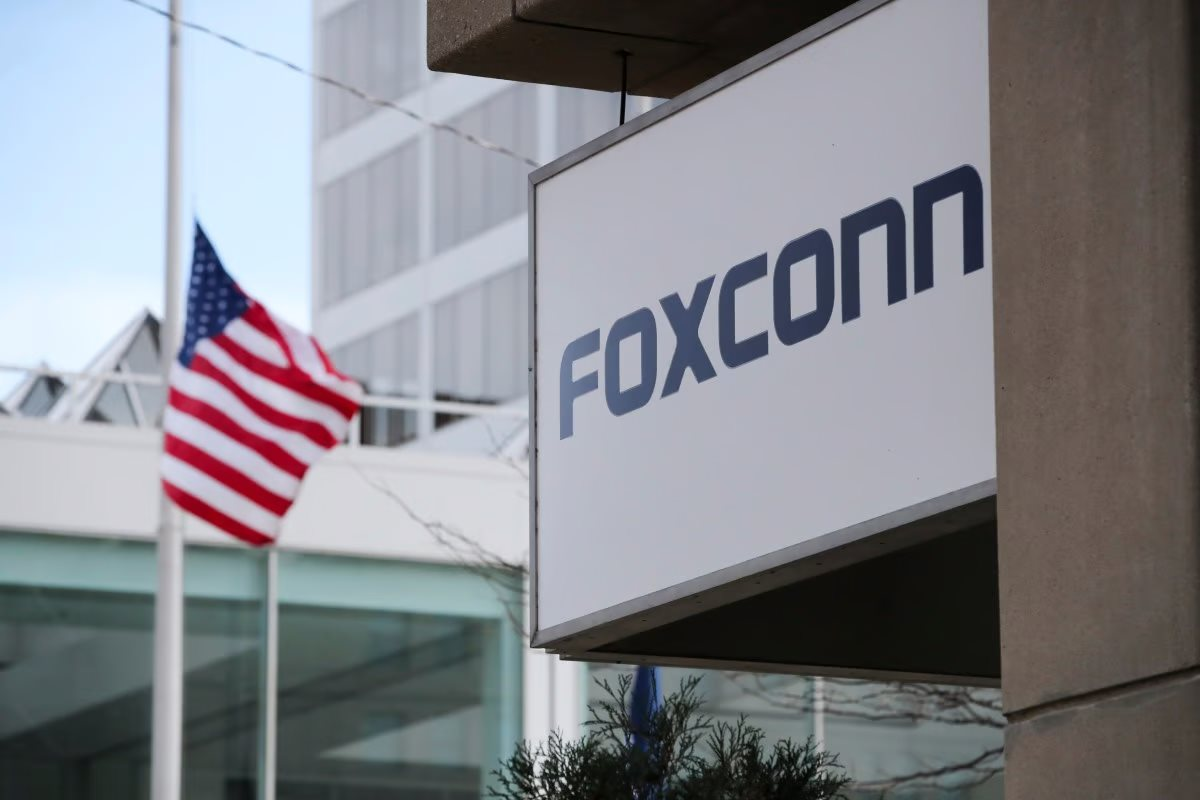
Additionally, Trump’s foreign policy stance, including his reluctance to engage in foreign conflicts and his focus on getting other countries to contribute more to their defense, could free up resources for the US economy. His “America First” approach aims to strengthen the country’s economy and reduce its reliance on other nations.
With Trump’s business acumen and these proposed policies, Americans can expect a stronger economy during his second term.
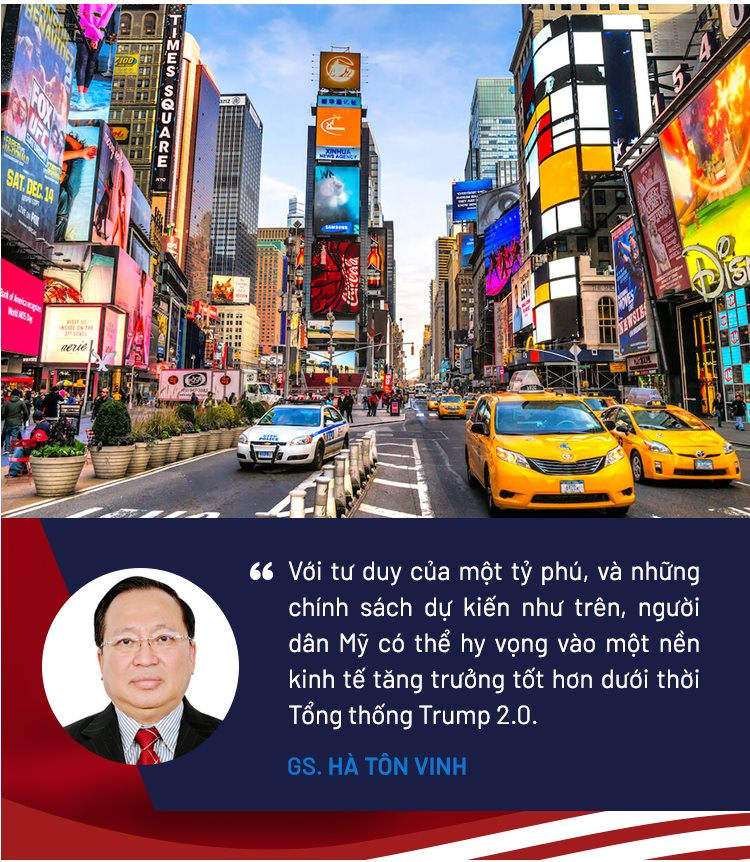
How might Trump’s second term affect economic relations with Vietnam?
Firstly, as Trump increases tariffs on Chinese goods, US companies will look for alternative markets, including Vietnam, India, Pakistan, and Thailand. This shift could benefit Vietnam, especially as the country is now a comprehensive strategic partner of the US.
On the other hand, Vietnam’s trade surplus with the US could attract scrutiny. While it’s much smaller than China’s $280 billion surplus in 2023, the US may still pressure Vietnam to purchase more American goods to reduce the imbalance.
What are your thoughts on the factors that led to Trump’s victory in the 2024 US Presidential Election?
Trump’s victory can be attributed to a combination of factors, including his economic policies, his “America First” message, and his ability to connect with voters on issues that matter to them. His focus on bringing back manufacturing jobs, reducing taxes, and his strong stance on illegal immigration resonated with many Americans. Additionally, his survival of an assassination attempt may have influenced voters, presenting him as a brave and determined leader.
In contrast, his opponent, Kamala Harris, faced challenges, including her limited time to campaign and the reluctance of some Americans to elect a woman of color as president. Ultimately, Trump’s strength on economic issues and his ability to tap into the emotions of voters contributed to his success.
The Great SCB Cash Withdrawal Incident: What Impact Did Trump’s US Presidential Win Have?
The election of Donald Trump as the President of the United States sent shockwaves around the world, and naturally, the question on everyone’s mind is: What does this mean for the Vietnamese economy? In a week filled with notable events, we saw the impact of Trump’s victory on gold and currency rates, a viral video of the Military Bank CEO dancing to ‘Above the Penthouse’, and the Governor of the State Bank of Vietnam addressing the pressure of mass withdrawals from SCB. To top it off, a proposal for a two-part electricity price structure has sparked discussions. Stay tuned as we delve into these fascinating developments and explore their implications.
The Trump Organization: Stock Volatility and Uncertainty Amid Turbulent Times
TPO – As Trump engages in a heated race with Harris to reclaim the White House, the stocks of Trump Media & Technology Group are experiencing significant volatility.


